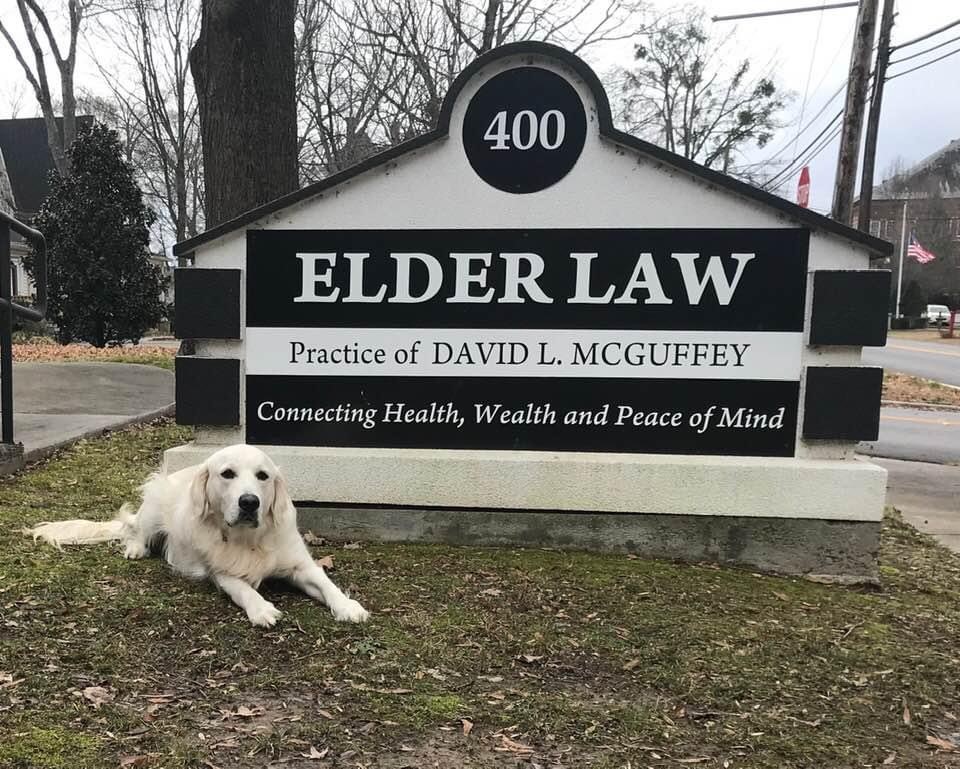Kathleen Audia is sixty three (63) years old this year. She has been hearing impaired since childhood, and lost total hearing when she was fifty-five (55). Her primary language is American Sign Language; she does not read lips well enough to understand more than a small portion of conversations.
In 2015, Kathleen fell. She had a deep cut to her head, called a laceration. Kathleen was admitted to a hospital and, after discharge (and after spending a few days at another facility), she became a resident at Briar Place Nursing and Rehabilitation (in Illinois). While at Briar Place, Kathleen was diagnosed with major depressive disorder, balance and gait issues, osteoarthritis, and low back pain.
While Kathleen was at Briar Place, she repeated requested an American Sign Language interpreter. None was provided. Instead, she was forced to rely on written notes and lip reading. As a result, her ability to communicate with staff, participate in her care plan, and plan for her discharge was impaired. In fact, with no interpreter, she failed a number of evaluations which limited her independence and delayed her discharge. Ultimately, she was confined to the nursing home for 866 days prior to being discharged.
After her discharge, Kathleen filed suit against Briar Place, alleging that Briar Place was liable to her for four reasons (that means there were four counts in her Complaint). First, she argued Briar Place violated The Rehabilitation Act which prohibits discrimination based solely on someone’s disability. Second, she argued Briar Place violated the Affordable Care Act which also prohibits discrimination based on disability. Third, she argued that Briar Place was negligent. Finally, she argued that Briar Place violated Illinois’ Nursing Home Care Act.
Prior to trial, Briar Place filed a motion for summary judgment. A motion for summary judgment is a motion a party files claiming, even if everything the other party said was true, then he, she or it should still win. In other words, Briar Place asked the Court to assume everything Kathleen said is true, claiming there’s nothing anyone can or should do about it.
The Court rejected Briar Place’s argument regarding three of Kathleen’s four arguments. The Court found that Kathleen must prove deliberate indifference (based on how her Complaint was worded) to recover for a violation of The Rehabilitation Act. However, deliberate indifference may be inferred when there is knowledge that a harm to a federally protected right is substantially likely, and there is a failure to act upon that likelihood. In Kathleen’s case, she made numerous requests for an American Sign Language interpreter and none was provided. Requests that go unanswered can support a finding of deliberate indifference. Accordingly, Briar Place’s argument regarding the Rehabilitation Act was rejected.
The Court made similar findings regarding the Affordable Care Act and violations of the Illinois Nursing Home Care Act. Although Court do not presume Congress intended to let Plaintiffs like Kathleen bring a private law suit for any violation of federal law, a cause of action under the Affordable Care Act exists because Congress cross referenced the enforcement provisions of four civil rights statutes. Regarding the Illinois Nursing Home Care Act, a finding of “willful and wanton conduct is required, at least for punitive damages, but the same evidence that would support deliberate indifference would also support willful and wanton conduct.
Briar Place won on the negligence claim. Under Illinois law, a claim for professional negligence cannot go forward unless an expert affidavit is attached to the Complaint. Kathleen tried to argue that she alleged ordinary negligence, not professional negligence, so an affidavit was unnecessary. The Court rejected that argument, stating that the average juror would not understand how Briar Place failed to provided skilled nursing care and rehabilitation services without expert testimony, so the claim was by necessity one for professional negligence.
https://law.justia.com/cases/federal/district-courts/illinois/ilndce/1:2017cv06618/344053/27/
What’s the rule?
Federal Nursing Home Quality of Care Regulations, 42 C.F.R. § 483.10(c), require that all nursing homes participating in the Medicare or Medicaid programs (which means virtually all of them) must fully inform residents, in language they can understand, of his or her total health status, including, but not limited to his or her medical condition. A nursing home resident has a right to participate in all aspects of his or her care, including the care plan and any discharge plan.

























